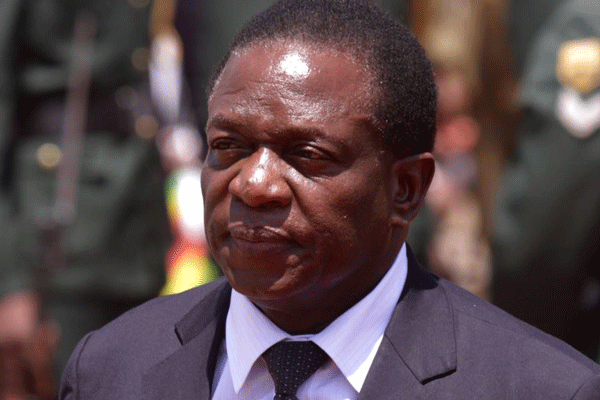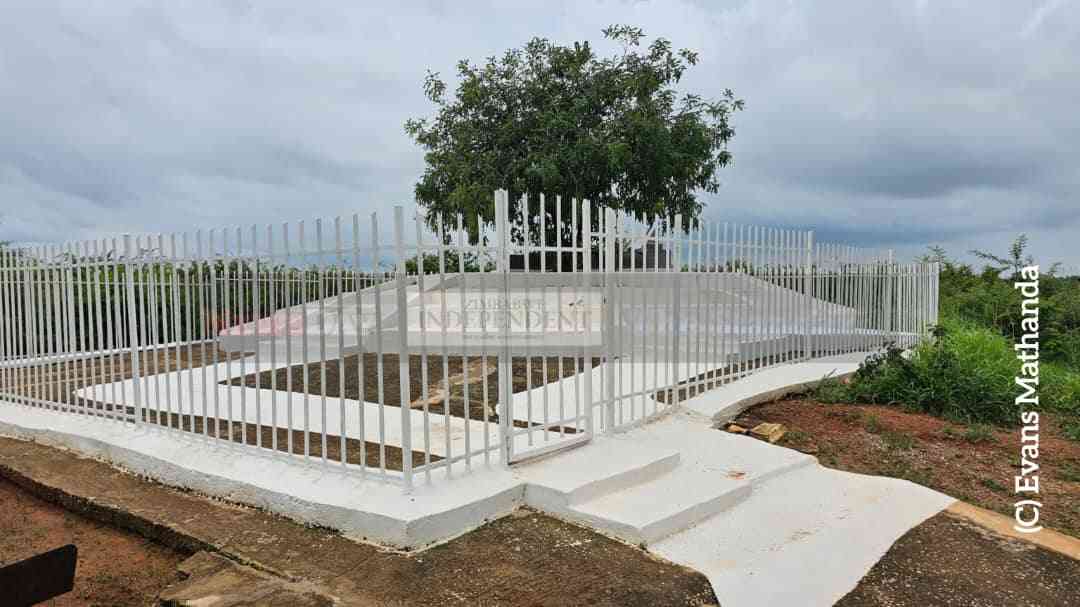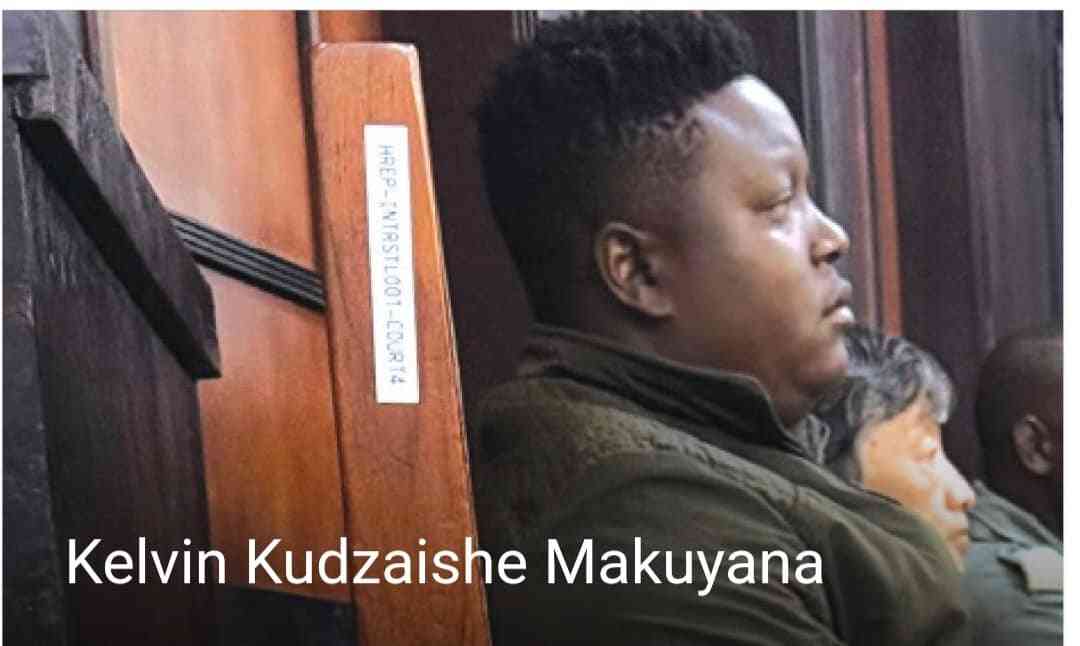
THE Constitution Amendment (number 1) Bill sponsored by Vice-President Emmerson Mnangagwa was yesterday rejected by Harare residents at a public hearing with most people seeing a hidden political motive behind the proposed changes.
By VENERANDA LANGA

MPs, with the Ziyambi Ziyambi led Parliamentary Portfolio Committee on Justice, which is conducting the public hearings on the Bill, were told blankly that the judicial arm of government was critical and should maintain independence.
The crowd, which failed to fit in the venue of the hearing at Parliament Building, did not mince its words, vowing people would never allow the three-year-old Constitution to be tampered with for political advantage, and would not tolerate it being “patched”.
The amendments will affect section 180 of the Constitution to ensure the Chief Justice (CJ), Deputy Chief Justice (DCJ) and the Judge President of the High Court are appointed by the President after consultation with the Judicial Service Commission.
ZimRights boss, Okay Machisa said the Constitution was in its infancy with several laws needing to be realigned. He said the rights of people were already being curtailed by allowing the head of State and the Executive arm of the government to interfere with appointment of the judiciary.
“I am not in support of this amendment, and Parliament must instead push for the outstanding realignment of laws to suit the Constitution,” Machisa said.
Speakers condemned the amendments saying they did not want President Robert Mugabe to decide who to appoint as CJ as that appointee would make biased rulings in his favour whenever he was found on the wrong side of the law.
- Chamisa under fire over US$120K donation
- Mavhunga puts DeMbare into Chibuku quarterfinals
- Pension funds bet on Cabora Bassa oilfields
- Councils defy govt fire tender directive
Keep Reading
David Hofisi said the current Constitution provided for interviews for CJ, DCJ and Judge President of the High Court to ensure judicial independence, accountability and diversity, as well as to create a buffer between the Executive and judiciary.
“If the appointment process is entirely on the President, it becomes subject to political whims. Parliament must consider the principles of the independence of the judiciary and safeguard against improper political motives. This Bill is against democracy and must not be passed,” he said.
Reverend Machaire said: “The Constitution is like the Holy Bible, which must not be amended. We do not want the President to appoint the CJ because why do you always come up with laws to protect your political interests and enrich yourselves? You want to patch the Constitution yet you are failing to patch the roads? Do not forget we voted for you and we will remove you if you do not take our views.”
John Chirenda was surprised that before the Constitution crafted in 2013 had even been fully implemented, the Executive was already talking of amendments.
“I do not think the Labour Court should be subordinate to the High Court because it creates unnecessary bureaucracy. The appointment of CJ, DCJ and Judge President of the High Court must be left to the Judicial Service Commission. If we follow that route it will give public confidence in the Judiciary,” Chirenda said.
Takawira Mashingaidze said: “Why do you want to patch the Constitution before we have even enjoyed the rights in it? By the end of the year, how many patches will it have?”
Brighton Mahuni said political appointments to the Judiciary threaten its independence.
Retired lawyer, Alex Masterson blasted the short notice given to members of the public to attend the public hearings.
Masterson said it would be a big mistake to give more power to the Head of State to appoint judges, adding the correct thing to do was to observe separation of powers and decentralise government.
“Interviews for judges are good because people will know how much time he spends on his farm and at the court.
This amendment should be set aside,” he said.
Different women, who contributed, said the Constitution must not be adulterated and should be left in its current state.
“Who is hurt by that the CJ, DCJ and Judge President must be interviewed? Is it an individual seeking to get political advantage? Zimbabweans say no to amendments,” a member of the public said.











